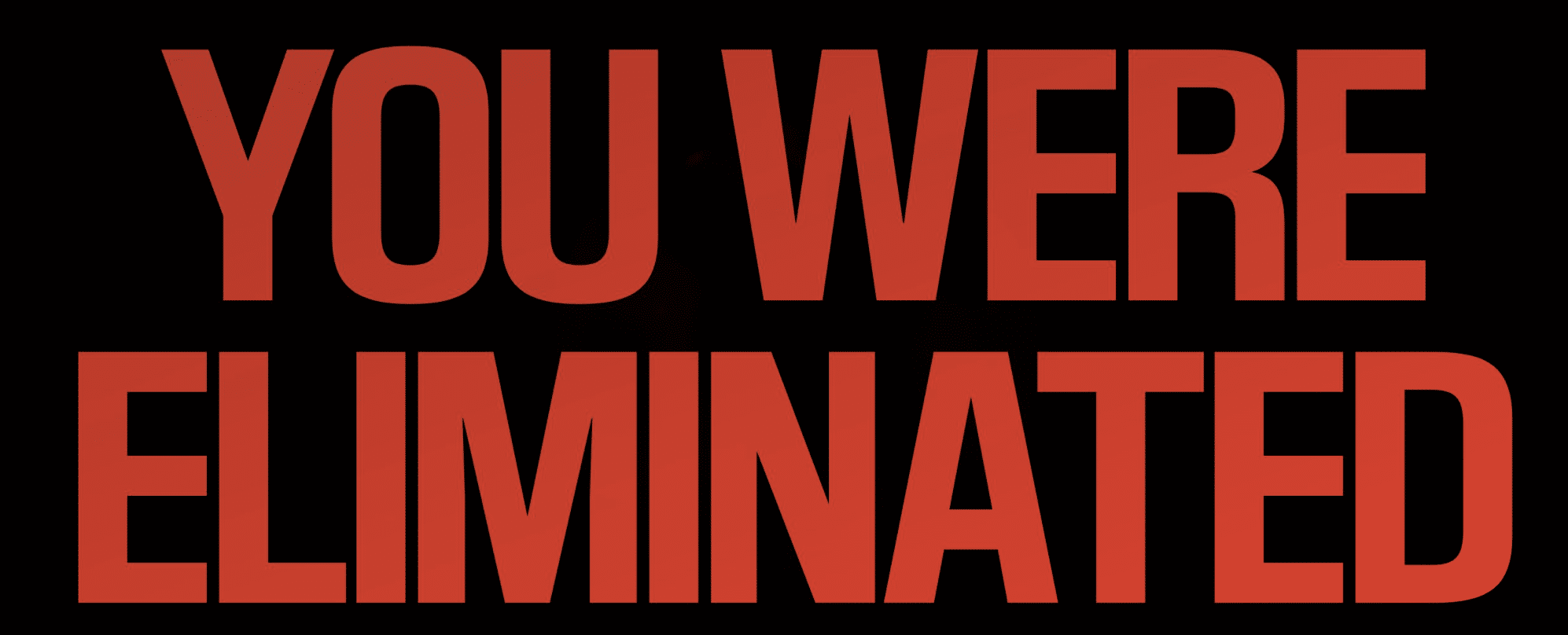On Day 9 of “Crypto: The Game,” my life is suddenly quiet. I am no longer a contestant. Last night, after I received a single vote in the elimination voting round, my probability of winning the first season of the Survivor-like crypto game fell to zero.
It’s time for me to reflect back on the experience.
Emotions
I’m sick, not physically or mentally, but to my stomach for losing the chance to become the first winner of season one. The people who paved the way – family members, coaches and journalists – inspired me to compete wholeheartedly. So seeing that just one of the 132 players left voted to eliminate me and that was enough to end my chances, made me nauseous, frustrated and hurt all at once.
Even until the end, however, I thoroughly enjoyed immersing myself in the game and savored the challenges it presented.
Others said it best on X. Camilla McFarland of Mojito expressed gratitude to the game “for the most fun, adrenaline-fueled, stressful and goofy week in crypto I’ve had in a while.”
Mark Beylin of Boost VC, a contestant who tried to get my name removed from a hit list, shared that the game was “one of the few crypto experiences that ended up being worth its cost in USD.”
What Makes “Crypto: The Game,” Crypto?
Many people, including myself, questioned what exactly makes the game crypto. Apart from depending on wallet addresses and requiring an ante of 0.1 ETH (about $243), the game wasn’t as obviously crypto-heavy as I assumed it would be.
The answer, I see now, is that “Crypto: The Game” is crypto because of the people playing. Contestants are more than knee-deep in the crypto space.
More than concentrating on crypto rails, the game dialed me into the crypto culture. Josh Harris, an entrepreneur-in-residence at venture capital firm Paradigm, who was a member of Silver, my initial tribe, placed in the forefront of my mind concepts of game theory.
Startup investor Tina Dai and a shitposter who goes by poof_eth on X have become trusted confidantes as the three of us are still in six different Telegram group chats for different tribes and alliances.
A culture of play embedded into the Web3 social fabric — who else would have made us play old-timey games like Pacman and Flappy Bird for a chance to win $91,000? — is what puts the “crypto” in “Crypto: The Game.”
Why We Needed to Play
Everyone in the crypto space is NGMI (not gonna make it), if recreation, laughter and play are absent in the ecosystem. Play, according to philosopher Martha Nussbaum, is one of the basic capabilities societies should aim to instill for their people.
“Human life, wherever it is lived, makes room for recreation and laughter,” wrote Nussbaum in 1992. “Laughter and play are frequently among the deepest and also the first modes of our mutual recognition… An entire society that lacked this ability would seem to us both terribly strange and terribly frightening.”
One contestant, Josh Cornelius of Seed Club, emphasized the importance of the game’s culture over its technology. He sees the game as a “cool case study on leveraging the culture of crypto more than the tech.” On X, he shared that the game “needed very online, reasonably affluent, and interest-aligned people to thrive more than it needed decentralized infra for season 1.
Another player, taylor.perkshop.eth wrote, “I was a tiny bit salty that it’s called crypto and pretty much has nothing to do with crypto/onchain but the abs brilliance is tapping into this group and culture.”
The game’s crypto integration was light as the creator Dylan Abruscato said in a phone interview with Unchained that “the goal has always been to get progressively more onchain each season… So for season two, you can imagine a world in which your spot in the game is an NFT that you mint and that gets burned when you get voted out.”
“You could hypothetically sell your NFT which is your spot in the game at any point throughout the season,” at a higher price than the initial cost to enter as players get closer to the pot, he added.
Cutthroat Competition and Relationship-Building Is Us
The game also involved contradictory concepts that reflect the unique and complex dynamics present in “Crypto: The Game” and, more broadly, within the crypto ecosystem.
For example, as a contestant, I kept being struck by the simultaneous requirements of being a cutthroat competitor and a relationship-builder. This mirrors the crypto ecosystem where firms and projects need collaboration and partnerships, but compete over attracting talent and funds.
One contestant, ndx.eth, made note of this balance, saying on X, “Imagine being in a room of VCs, founders, builders, influencers, degens and trying to cut as many throats as possible while simultaneously building friendships and maintaining professional relationships.”
One Final Act
I’ve been eliminated, and yet, my influence within the game may have grown, by design.
All eliminated contestants become jury members who will get to vote for the winner tomorrow night, incentivizing voted-off contestants to remain tapped into the game’s affairs.
So gameplay is over for me and 348 other contestants, but politicking will continue!



